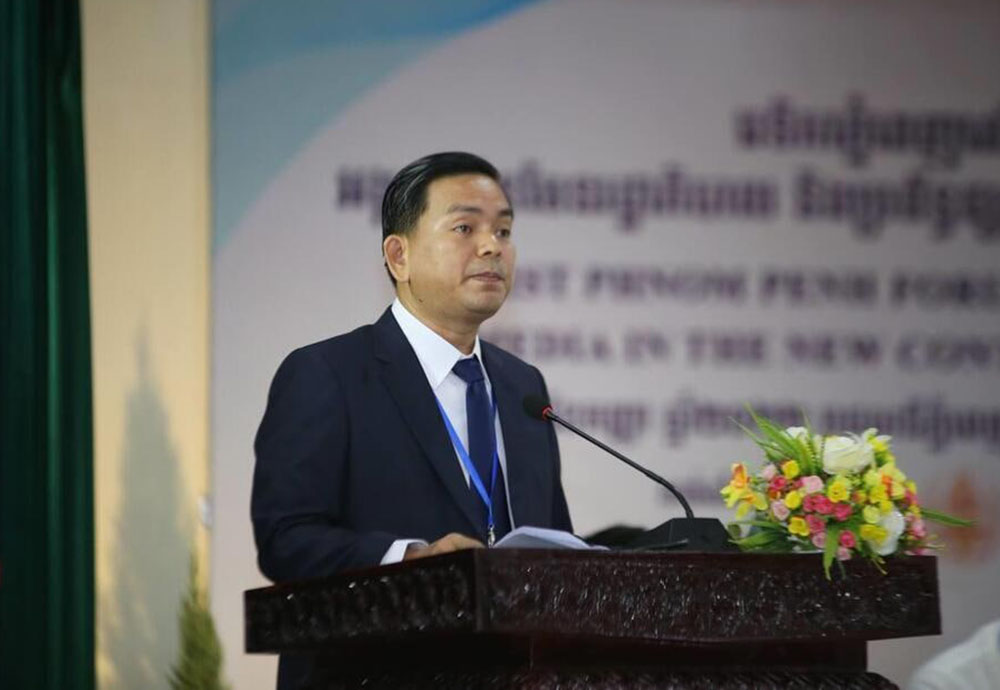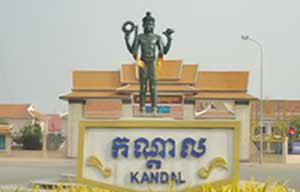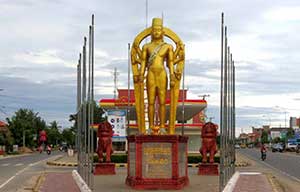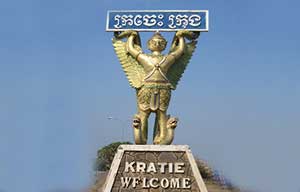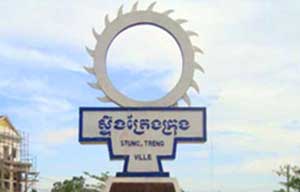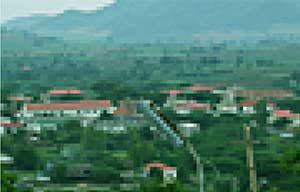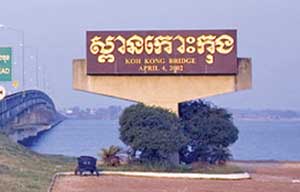The Phnom Penh Forum (PPF), a local Think-Tanks forum, has been recently launched by the International Relations Institute of Cambodia, Royal Academy of Cambodia last week to address common challenges.
It is a multi-track platform including academic forums, conferences, seminar series and training programmes that bring together the think tanks, research institutes, consultancies, media, and NGOs from ASEAN member states and beyond, according to a press release of the Royal Academy of Cambodia.
The purpose of launching the Phnom Penh Initiative is to offer guidance on how think tanks and NGOs can work in ASEAN countries in a way that respect and support the primacy of the state’s responsibility for providing good governance and delivering public services; assess how globalisation and geopolitical competition impact think-tanks, media and NGOs; and encourage constructive interaction between the government, think tanks and NGOs represented at the PPF. The goal is to create a healthy environment of integrity for think-tanks and NGOs in the region and beyond through the promotion of their strategic management in line with the theme of “addressing challenges together”.
Academician Sok Touch, President of the Royal Academy said Cambodia is the rotating Chair of ASEAN in 2022. This will help promoting the centrality, relevance and consultation of ASEAN as a whole, to confront the serious and daunting challenges ahead, and vigorously address pressing issues of regional development and global challenges while securing Cambodia’s interests in the long term.
Dr. Kin Phea, the Director General of the International Relations Institute of Cambodia said this initiative has been embraced warmly by many think tanks and NGOs.
The first PPF, joined by 27 representatives of governments, think-tanks, NGOs, and media from Australia, Cambodia, China, Germany, Indonesia, Italy, Laos, Malaysia, Thailand, the USA, and Vietnam, was held in Phnom Penh last week. PPF will work to improve relationships, enhance transparency and accountability and improve the government’s capacity to adjust to the new demands of external and local stakeholders with greater public participation.



